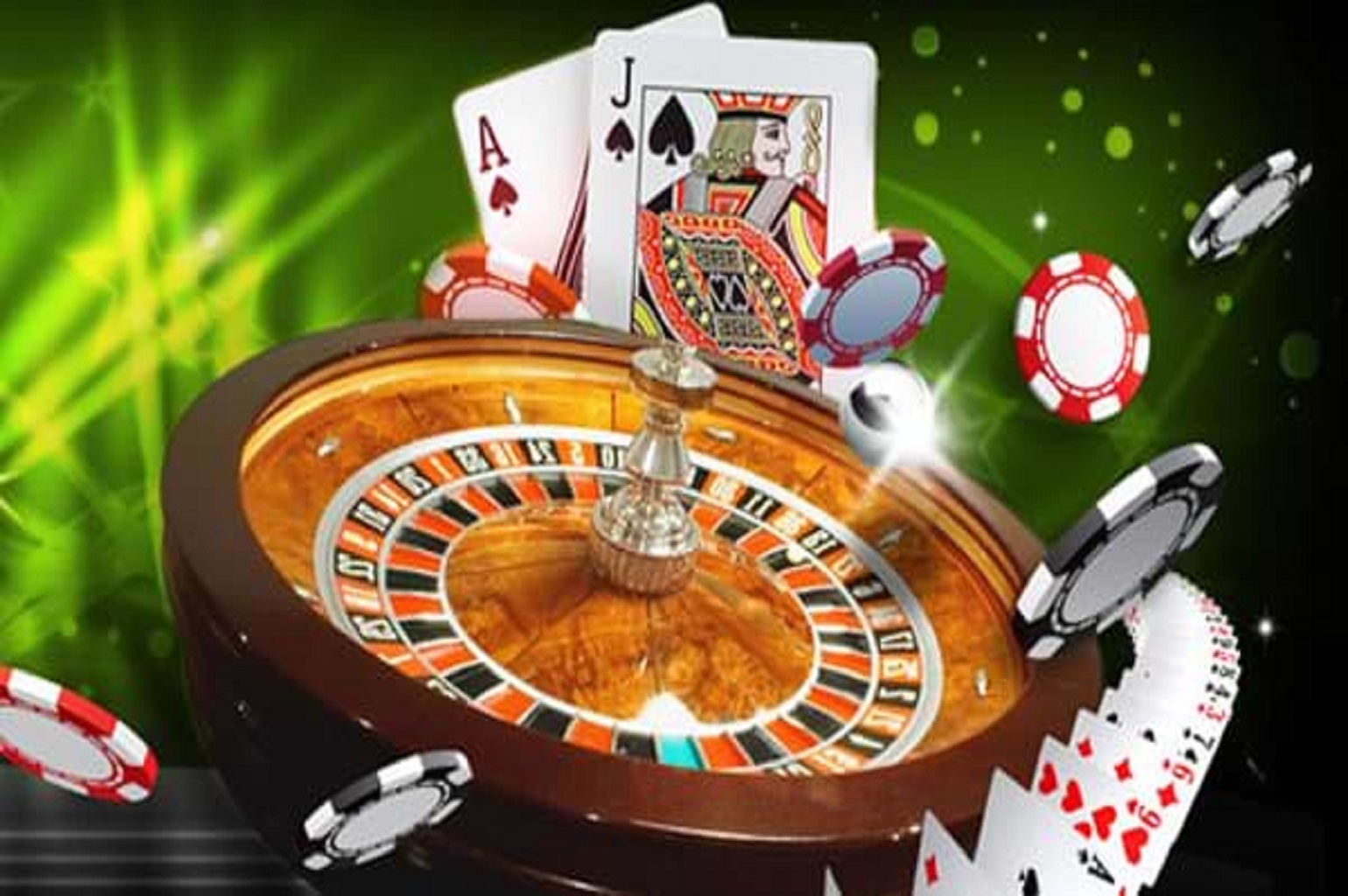Why Players Get Drawn to Casino Entertainment

Gambling games have long enthralled gamblers from all walks of life, enticing them into vibrant casinos filled with the noises of spinning wheels, clattering chips, and cheering crowds. The thrill of chance and the allure of potential winnings create an exhilarating atmosphere that keeps players coming for more. Whether it is the thrill of a slot machine, the thoughtful play of poker, or the anticipation of a roulette wheel, casino games offer a distinct combination of fun and risk that can be hard to resist.
At the heart of this fascination lies a psychological pull that varies from person to person. For some, the rush of hitting a jackpot can elevate their mood, while for others, it’s a social experience that brings friends together. The colorful visuals, engaging sounds, and sometimes lavish environments of casinos further enhance the appeal, making each visit an adventure waiting to unfold. As we explore why gamblers are drawn to these games, we uncover the underlying motivations and emotions that fuel their passion for the betting tables.
The Psychology of Gambling
The attraction of casino games commonly stems from the nuanced psychology of gambling itself. Many players are drawn to the excitement of risking money for the opportunity of winning more, as it connects with a deep-seated human desire for excitement and reward. This rush can create a powerful emotional experience. The mix of risk and potential monetary gain can trigger a dopamine release, making players feel alive.
Furthermore, the design of casino games is crafted to keep players interested. The use of luminous lights, enthralling sounds, and the social setting of casinos can heighten the excitement. Players often find themselves engulfed in these settings, where the anticipation of a win keeps them coming back for more. This sensory stimulation encourages longer gaming sessions, as the immediate feedback from wins, however insignificant, reinforces the desire to continue gambling.
Finally, cognitive distortions play a major role in gambling behavior. Many players fall prey to the illusion of control, believing they can affect outcomes even in games of luck. This attitude can lead to overconfidence and the continuation of play, despite rising losses. Additionally, gamblers often remember their wins more clearly than their losses, which can distort their understanding and intensify the desire to gamble more. This multifaceted interplay between emotions and cognitive factors helps clarify why so many are drawn to casino games. tk88
A Attraction of Gambling Environments
The vibe of a casino is distinctively enthralling, luring in gamblers with its combination of anticipation and suspense. The sights and noises of spinning slot machines, cheering gamblers, and the rhythmic jingling of cash create an immersive experience that is difficult to pass up. The vibrant illuminations and dynamic design foster a atmosphere of vitality that keeps players involved and encourages them to linger more time. This infectious setting contributes to the overall charm of casino activities, enticing both new and experienced bettors alike.
In addition, casinos are designed to stimulate the sensory experience in a fashion that makes visitors feel as though they are setting out on a thrilling adventure. The strategic arrangement of gaming options, inviting areas, and complimentary drinks enhance the overall value, making gamblers feel appreciated and spoiled. Many casinos also feature decorative decorations and lavish designs that transport visitors to different realms, amplifying the excitement. Such atmospheres foster a feeling of freedom, allowing gamblers to forget their normal routines and immerse into the exhilarating domain of chance.
Ultimately, the existence of fellow players amplifies the social element of gambling, creating a joint excitement. Interactions among gamblers, either through friendly banter or mutual excitement during a big win, cultivate a feeling of bonding that many find appealing. This communal connectivity enhances the adventure of participating in gambling games, transforming it from a solitary endeavor into a shared adventure. The mixture of thrill, engaging atmospheres, and social bonds makes gambling establishments an unmissable place for gamblers looking for entertainment and a chance to gain.
Understanding Game Dynamics
Gaming experiences are crafted with specific mechanics that attract players. Each game has its specific set of rules, wagering schemes, and probability ratios, allowing players to engage with the game on various levels. The thrill of placing a bet and the anticipation of the outcome creates an thrilling atmosphere. Comprehending these mechanics can deepen a player’s appreciation for the game and improve their overall experience.
Another crucial aspect of game mechanics is the idea of randomness. Many casino games, especially poker machines and table games, rely on randomizers or shuffling to determine outcomes. This randomness is what keeps players returning; the unpredictable nature of the game creates a sense of hope and excitement. Knowing that each spin or deal is independent of the last adds to the appeal, as players believe they have a chance at winning, regardless of past outcomes.
In conclusion, the emotional response related to game mechanics should not be underestimated. The excitement of a big win or the tension during pivotal moments are integral to the enjoyment of casino games. These emotional highs and lows leverage psychological triggers that keep players engaged for longer periods. Understanding these emotional responses to game mechanics can help explain why individuals are enticed by the thrill of casino games, constantly seeking that upcoming exhilarating moment.
